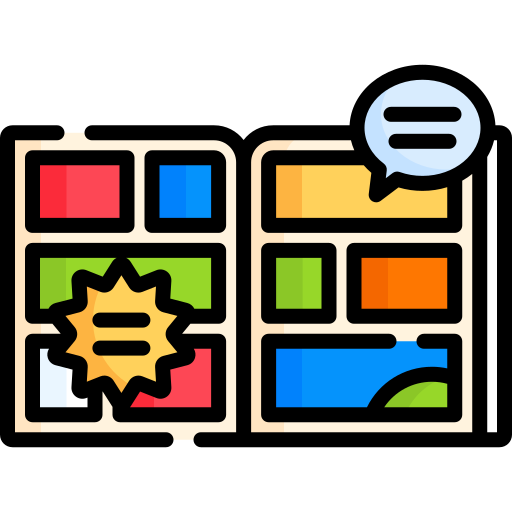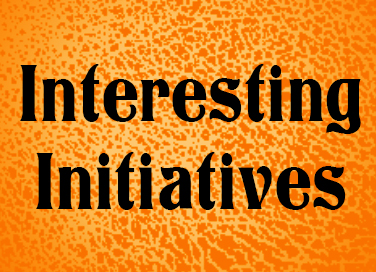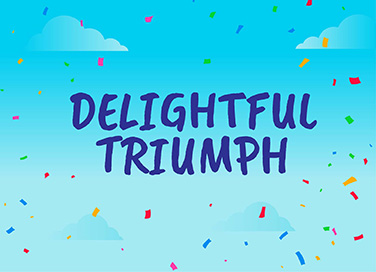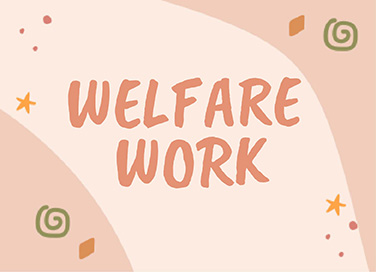Lanka Suryanarayana from Guntur, Andhra Pradesh, has always surrounded himself with books since his early years. So far, the octogenarian has collected over 1.35 lakh books in his personal library. As his love for books started with the translated novels of Sarat Chandra Chattopadhyay, his library also has translations and commentaries on the Bhagavad Gita, 99 translations of Tagore’s Gitanjali, and 1400 commentaries and translations of the Ramayana.












